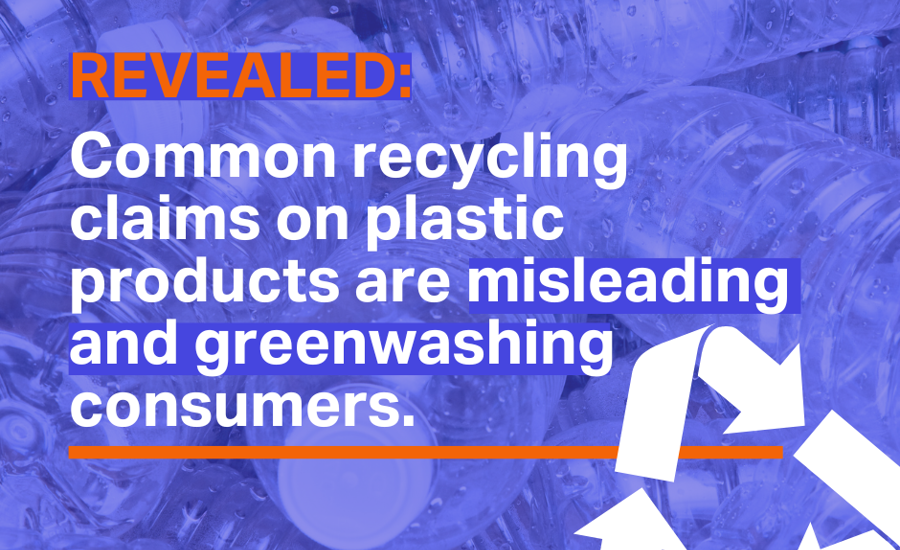What does this look like?
These tactics are used to distract from, derail and delay real climate progress through:



The science couldn’t be clearer: fossil fuels are the main driver of the climate crisis.
But those profiting from them, namely Big Oil, Chemicals and Plastic, are pouring billions into distracting, derailing and delaying their much-needed phase-out, slowing real climate progress.
To do so they use greenwashing tactics to mislead us about the true environmental impacts of their products, whilst pushing false climate solutions and disinformation, allowing them to keep polluting our planet.
Distract, derail and delay - this is the playbook these companies are relying on.
These tactics are used to distract from, derail and delay real climate progress through:
Greenwashing happens when a company uses advertising and public messaging to appear to be more environmentally sustainable and green than it really is.
It’s also a technique used by certain companies to distract consumers from the fact that their business model and activities actually do a lot of environmental harm and damage.
False solutions are put forward as ways to mitigate, fight or solve climate change that in reality we can’t be sure will work, won’t work anywhere near as well as portrayed, or simply won’t work at all.
A well-known example is the claim that fossil gas can be a ‘climate solution’, whereas the science shows that energy from gas can be as climate-damaging as that from coal.
Disinformation about the climate crisis is any deliberate false information put out to the public to make them believe things that go against scientific evidence.
Social media platforms have enabled the wide spread of disinformation by providing a powerful megaphone for fossil fuel industries’ advertising campaigns.


Our lawyers working on greenwashing and false solutions

The results of a survey we commissioned show that recycling claims on plastic packaging mislead consumers into thinking plastic products are environmentally friendly, when in reality they are anything but.
